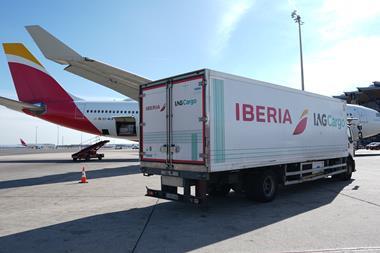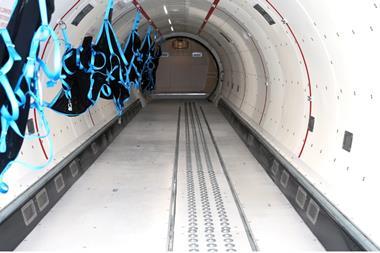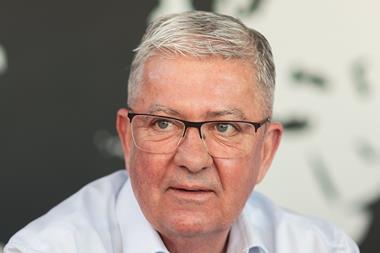Brussels Airlines Cargo (BAC) is introducing a fixed net sum plus consolidated airfreight surcharge rate structure from October 25, following the lead set by sister companies Lufthansa Cargo and Swiss World Cargo.
Said BAC: “This new structure better meets the market demand for more transparency. Instead of charging various surcharges on freight prices, as is the case today, there will only be one consolidated airfreight surcharge in the future.
“Lufthansa Cargo and Swiss World Cargo already announced that they introduce a new pricing structure as from next IATA winter season. Brussels Airlines Cargo has decided to join this new model.”
BAC added that increasingly more cargo customers and transporters want “a simpler and more transparent pricing structure that is less volatile and provides more clarity”.
It continued: "The new pricing model is unique in the market. In the future there will not be several but only one single surcharge on airfreight transported by Brussels Airlines. The prices of Brussels Airlines Cargo will consist of two elements: a fixed net sum and an airfreight surcharge (ASC).
"This new surcharge replaces all the supplements existing today. The ASC includes all the external costs that are beyond Brussels Airlines’ control such as fuel, airport taxes, security surcharges, etc."
It added: "As these external costs can fluctuate, the sum of the airfreight surcharge is subject to changes. The introduction of this new pricing method will not lead to higher or lower rates for the customers. In comparison to the old pricing model the net rates will be adjusted so the effect remains price-neutral."
The two-tier freight rate approach by the Lufthansa Group differs from the 'all-in' rates model introduced in January by Emirates, and subsequently by Qatar Airways and IAG.










